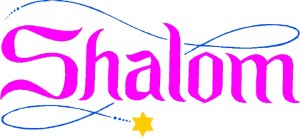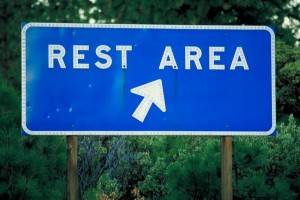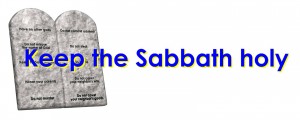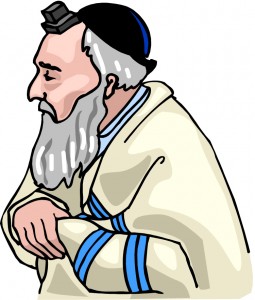The following is a list of the scriptures that prophesy that YHVH’s people would observe the weekly Sabbath and biblical feasts during the church age and into the Millennium or Messianic Age.
- Ezek 45:17 — The Sabbaths (plural, includes the weekly and annual Sabbaths; i.e., Holy Day festivals) and solemnities (moedim) or appointed times (see also v. 9).
- Ezek 45:21 — Passover and Feast of Unleavened Bread
- Ezek 45:25 — The Feast of Tabernacles
- Ezek 46:1 — The weekly Sabbath
- Ezek 46:9 and 11 — solemn or appointed times (moedim) and feasts (Heb. chag meaning “pilgrimage feast, festival, celebration, holy day, time of dancing, cyclical/yearly seasonal event; i.e., the feast days”)
- Zech 14:16,18,19 — The Feast of Tabernacles
As you read these passages, you will see that it was not only Israel, but the nations of the world (i.e., the Gentiles) who would be celebrating YHVH’s appointed times.
It is curious to me how church leaders have told us for nearly 1900 years that the “Jewish” feasts were for the Jews only and not for the Christians. So let me get this straight: YHVH expected his people—ancient Israel—to celebrate the feasts, Yeshua celebrated them as did the early church and the apostles, yet when the Gentile church came along, they no longer had to do them, but then when Yeshua returns, YHVH will expect his people along with all the nations of the world to celebrate them, and if they don’t he will punish them for their disobedience? Something doesn’t add up here, and it’s not the Word of Elohim that’s off!
At this point, I’m reminded of the words of Yeshua in Mark 7:13, where when speaking to the religious hypercritical leaders of his day, he accused them of making of no effect the word of Elohim by their religious traditions.





 What Yeshua was breaking was the Jews’ extra-Torah legal traditions that made the Sabbath a burden by prohibiting the alleviation of human suffering and need on this day (John 5:8–10). He was in no way violating the Torah, since there is no Torah prohibition from healing on the Sabbath or carrying one’s bed roll.
What Yeshua was breaking was the Jews’ extra-Torah legal traditions that made the Sabbath a burden by prohibiting the alleviation of human suffering and need on this day (John 5:8–10). He was in no way violating the Torah, since there is no Torah prohibition from healing on the Sabbath or carrying one’s bed roll.